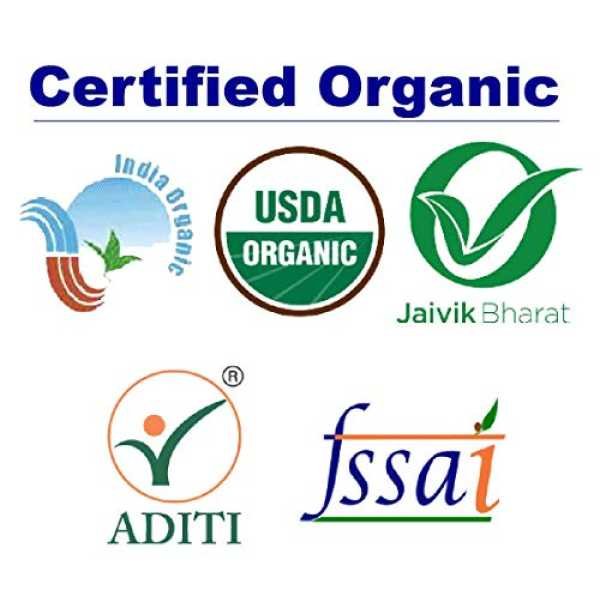Introduction:
In recent years, the global demand for organic products has surged, driven by a growing awareness of health and environmental concerns. India, with its rich agricultural heritage, has witnessed a significant shift towards organic farming. This transition has been guided and regulated by various certification agencies, ensuring that the principles of sustainability are adhered to. In this article, we explore the pivotal role played by Indian certification agencies in promoting and facilitating the sustainable organic transition.
- Certification Standards:
Indian certification agencies, such as the Agricultural and Processed Food Products Export Development Authority (APEDA) and the National Programme for Organic Production (NPOP), have established stringent standards for organic farming. These standards encompass various aspects, including soil fertility, pest and disease management, and biodiversity conservation. By setting clear criteria, these agencies ensure that the transition to organic practices is not only beneficial for farmers but also upholds environmental sustainability.
- Training and Education:
Certification agencies in India actively engage in training programs to educate farmers about organic farming techniques. These programs cover sustainable practices, the use of natural fertilizers, and the avoidance of synthetic pesticides. Through workshops, seminars, and demonstration farms, farmers are equipped with the knowledge and skills necessary for a successful transition to organic farming.
3. Financial Support:
Transitioning from conventional to organic farming often requires financial investment. Certification agencies collaborate with governmental bodies to provide financial assistance and incentives for farmers making the switch. These may include subsidies for organic inputs, infrastructure development, and support for marketing organic produce. This financial backing serves as a crucial catalyst for farmers to embrace sustainable practices.
- Market Access and Fair Trade:
Certification agencies play a pivotal role in opening up markets for organic produce. By certifying products as organic, they provide access to domestic and international markets where there is a growing demand for organic goods. Additionally, these agencies contribute to ensuring fair trade practices, guaranteeing that farmers receive a fair price for their organic produce.
- Monitoring and Compliance:
Continuous monitoring is an integral part of the organic certification process. Certification agencies in India conduct regular inspections to ensure that farmers comply with organic standards. This monitoring not only helps in maintaining the integrity of organic products but also assists farmers in identifying areas of improvement, thus promoting a culture of continuous sustainability.
- Encouraging Innovation:
Certification agencies actively promote research and innovation in organic farming practices. By collaborating with research institutions and agricultural experts, they strive to introduce cutting-edge technologies that enhance the efficiency and sustainability of organic agriculture. This emphasis on innovation ensures that organic farming remains a viable and competitive option for Indian farmers.
- Community Involvement:
Certification agencies foster a sense of community among organic farmers. Through the formation of cooperatives and farmer groups, they encourage the sharing of knowledge and experiences. This community-driven approach creates a support system that is essential for the successful transition to sustainable organic practices.
Conclusion:
The transition to sustainable organic farming in India is a dynamic process that requires collaboration among farmers, certification agencies, and other stakeholders. Indian certification agencies, by setting standards, providing education and financial support, facilitating market access, and promoting innovation, are instrumental in driving this transition. As the world increasingly recognizes the importance of sustainable agriculture, the role of certification agencies in guiding organic practices will continue to be of paramount significance in India’s agricultural landscape.

